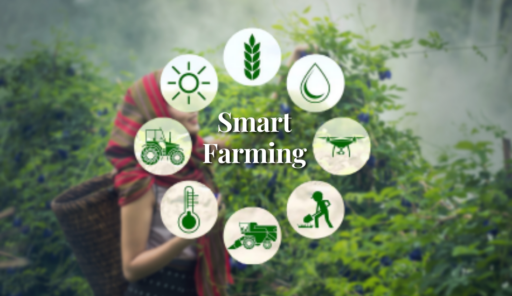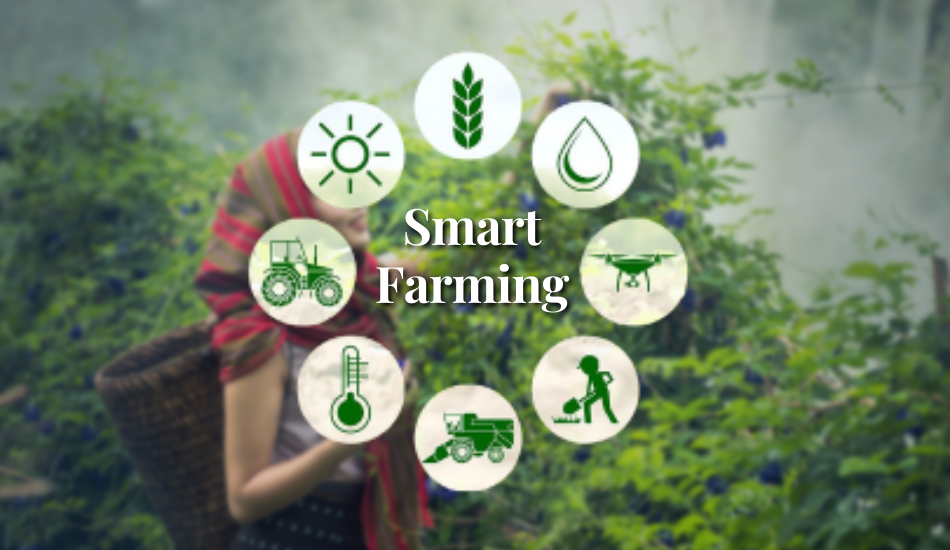These days, it seems like technology is changing everything around us. Farming is no exception; the way we grow our food is undergoing major innovations thanks to new tools and techniques known as “smart agriculture.”
Rather than fighting the digital transformation, smart agriculture, also referred to as precision agriculture or agri-tech, embraces technology to help address challenges in feeding people and protecting the environment. It uses data, sensors, automation, and connectivity to optimize every part of crop cultivation. Let’s explore smart agriculture further.
Data-Driven Decision Making
Sensors installed throughout fields monitor soil moisture levels, nutrient content, weather patterns, and crop health in real-time. This data gets analyzed to give farmers useful insights for irrigation, fertilizing, pest control, and rotation planning.
Precision Farming
Precision agriculture techniques leverage GPS technology and satellite imagery to create detailed maps of farm fields. By precisely mapping variations in soil composition, topography, and crop health, farmers can tailor their farming practices to specific areas to boost yields while saving on resources and reducing environmental impact.
Automation and Robotic
Labor-intensive manual work is also getting automated. Autonomous tractors, drones, and robotic harvesters take over repetitive tasks, freeing up farmers and improving efficiency. By automating these tasks, farmers can focus their efforts on more strategic activities, ultimately cutting costs and increasing profit.
IoT and Connectivity
The Internet of Things (IoT) is the backbone of smart agriculture, giving room for easy communication between devices, sensors, and farmers. Connected devices enable remote monitoring and control of farm operations, allowing farmers to stay informed and responsive regardless of their physical location. This connectivity also extends to markets and supply chains, allowing farmers to make data-driven decisions about when and where to sell their products for maximum profit.
Looking ahead, innovations in agri-tech promise to address major issues. Data-driven decisions can help feed more people globally and withstand climate shifts with scarce resources. By harnessing tech solutions, farming empowers sustainable production with fewer inputs and a lighter footprint.







